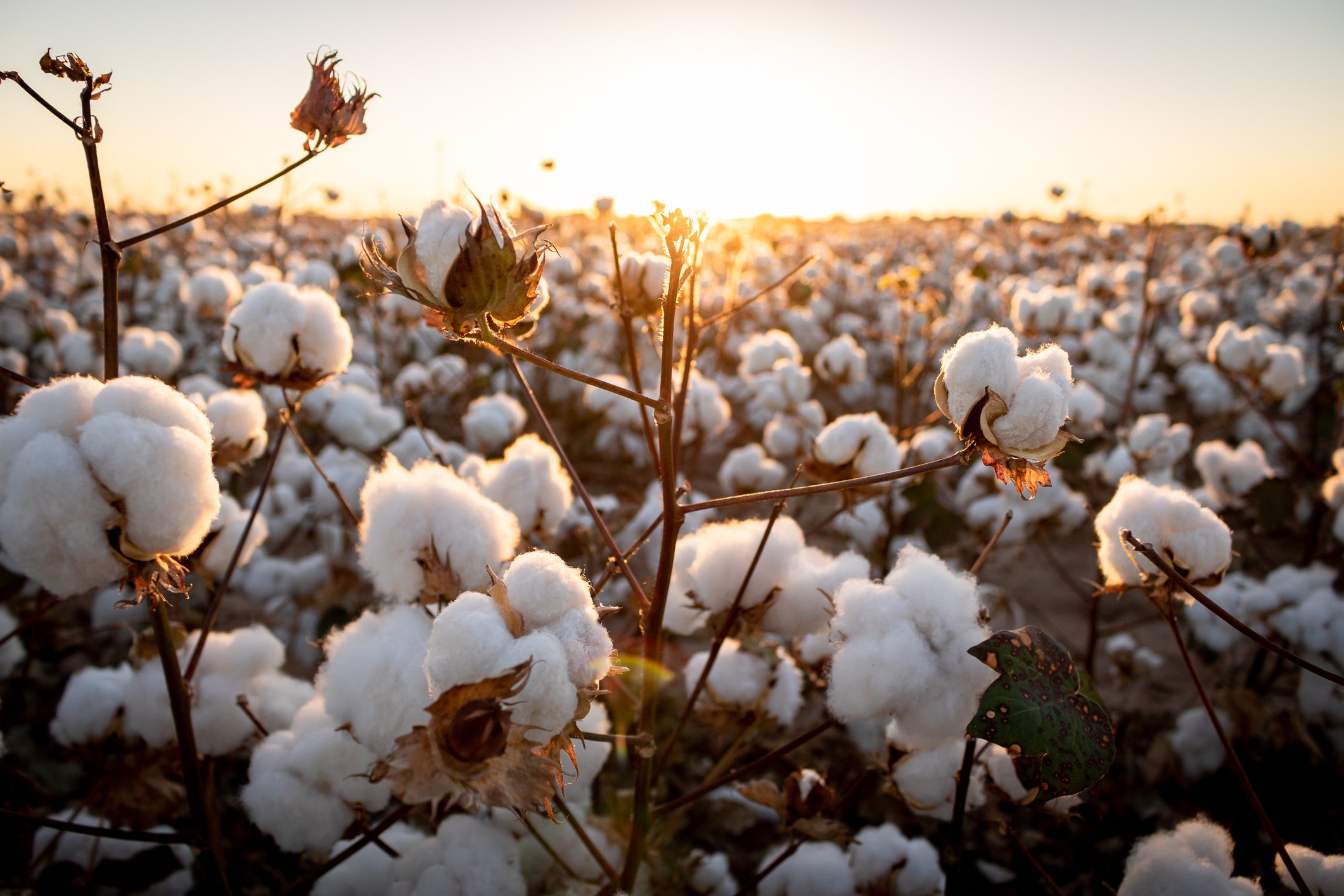
UK clothing brands and retailers would have faced serious ramifications if the courts ruled the UK government would need to ban imports of cotton products from the Xinjiang Uyghur Autonomous Region (XUAR).
The human and ethical rights watchdog, Global Legal Action Network (GLAN) and the World Uyghur Congress (WUC) dragged the UK authorities to court for a legal proceeding on 25 and 26 October 2022, following the government’s failure to stop cotton imports from Xinjiang potentially made with forced labour.
On 20 January, the court ruled in favour of the authorities.
In particular we are disappointed that Court accepted UK gov’s position that so long as importers pay market price for forced labour goods, they cannot be prosecuted for acquiring them, even if they know those goods are the product of atrocity crimes. 2/
— Global Legal Action Network (GLAN) (@GLAN_LAW) January 20, 2023
“We are particularly disappointed that the Court accepted the UK government’s position on so-called ‘adequate consideration’. This creates a remarkable situation where so long as importers pay market price for forced labour goods, they cannot be prosecuted for acquiring them, even if they know those goods are the product of atrocity crimes. The government’s position makes the UK an international outlier and a safe haven for importers of goods produced as a result of crimes against humanity, and genocide,” a joint release from the WUC and GLAN read.
However, the presiding judge Dove J emphasised [t]he outcome of the case does not in any way undermine the striking consensus in the evidence that there are clear and widespread abuses in the cotton industry in [East Turkistan], involving human rights violations and the exploitation of forced labour,” which Siobhán Allen, Senior Lawyer with GLAN exclusively told Just Style, was of particular importance to the apparel industry.
“We were of course very disappointed that the court declined to uphold the challenge. However, the case confirmed some very important points for the apparel industry to be aware of. In relation to the ongoing concerns, for many years now, about forced labour in the cotton industry in Xinjiang, the judge highlighted in his judgment the “striking consensus in the evidence that there are clear and widespread abuses in the cotton industry in [Xinjiang], involving human rights violations and the exploitation of forced labour.”
“Of particular importance to the apparel industry is the fact that the case confirmed that the Proceeds of Crime Act 2002 applies to supply chains into the UK. The judge, and the government, accepted that cotton produced by enslaved Uyghurs could be the proceeds of crime – the dispute only concerned whether there was enough evidence to investigate. The judge also noted that beyond the Proceeds of Crime Act there may be other tools or measures available to the government which they could use to tackle the concerns about the exploitation and abuse of the Uyghur people in cotton production in Xinjiang. This means that retailers whose supply chains are in any way connected to Xinjiang should be aware that if the factual evidence of that connection can be presented to the authorities in the UK they might be prosecuted for money laundering offences.”
The WUC and GLAN are currently weighing the possibility of an appeal to overturn the judgement and say they will continue to push for international accountability for the atrocity crimes being perpetrated against Turkic people by the Chinese authorities.
Dolkun Isa of World Uyghur Congress added: ”This is a greatly disappointing outcome for the Uyghur community that has been seeking accountability for years. However, this is only the beginning of such a process, with this case being the first in a foreign court. Our legal team has worked hard on this, and together we will continue to hold the Chinese government accountable.”
The full background of this case is available here.



